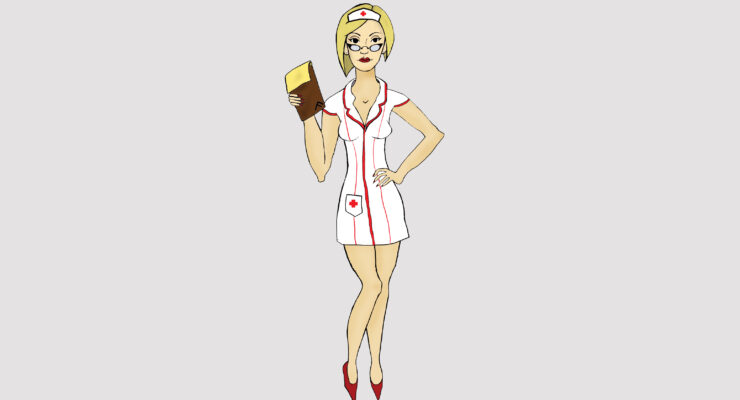Voulez vous coucher, ce soir?
Sara Temkit | Fulcrum Contributor
SOME STUDENTS HAVE multiple jobs and a full-time course load. Some are heavily involved in volunteer work and extra-curricular activities. Each one of us strives to be the ultimate multitasker. When something’s gotta give, sleep is often first to go—just look at the growing line-ups of students desperate for a caffeine fix at Second Cup. Unfortunately, the modern day affliction called “sleep deprivation” can have many ill effects on the lives of students.
Remember sleep?
According to research by Dr. Jessica Payne, a psychology professor at the University of Arizona, complex information is consolidated during the deepest stages of sleep. As we cycle through the different stages of sleep, the deep stages increase in length as the night progresses. That means the info you stayed up until 3 a.m. cramming into your brain is less likely to get stored as memory if you wake up early for an exam the next morning.
Snoozing to smarts
Sleep deprivation can also lead to cognitive deficits, which may accumulate on the ill-fated day of the exam. Lack of deep sleep can impair our judgement in a manner similar to alcohol, leading us to make more mistakes. Research done by the Insurance Corporation of British Columbia has shown a correlation between the one-hour decrease in sleep during daylight savings time and a significant increase in car crashes.
Naps = health
The nervous system is not the only system in the body affected by sleep deprivation. Research by Dr. Eve Van Cauter, a medical school professor at the University of Chicago, shows that lack of sleep can act as a stressor, negatively affecting our immune and cardiovascular systems. The release of copious amounts of cortisol that occurs when we don’t get enough sleep can lead to a rise in blood sugar and blood pressure, as well as an increased risk for diabetes and weight gain.
How to get more sleep
The impending chaos that comes with a lack of sleep can be avoided with good sleep hygiene, which, duh, entails getting an adequate amount of sleep. Dr. Marcelle Pick, physician and author of the bestselling book Are You Tired and Wired?, has defined good sleep hygiene as follows: keeping a regular sleep schedule, avoiding energy-boosting drinks or activities close to bedtime, using deep-breathing exercises to reduce anxiety, and supplementing the diet with calming foods rich in tryptophan. In the words of Pick: “Our sleep-wake rhythms are affected by the environment we live in, the foods we eat, and our daily stress, to name a few.”
So, what are you waiting for? Correct your sleep hygiene—grab a pillow and catch some ZZZs!




